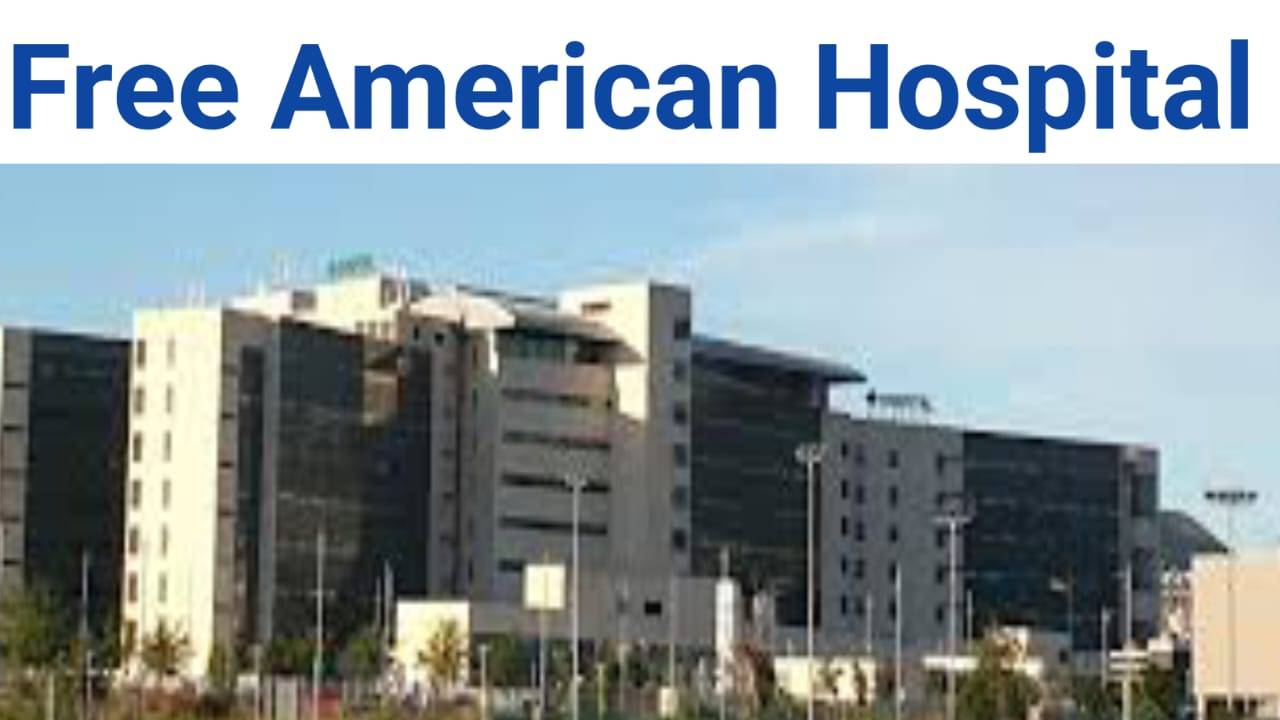Introduction
Access to healthcare is a fundamental right that should be available to all individuals, regardless of their socioeconomic status. In the United States, where the cost of healthcare can be a significant barrier for many, free treatment hospitals play a crucial role in providing medical care to those in need. This article explores the significance of free treatment hospitals in America and their impact on communities.
Bridging the Healthcare Gap
Free treatment hospitals, also known as charitable or not-for-profit hospitals, are vital institutions that help bridge the healthcare gap for vulnerable populations. These hospitals offer a range of medical services, from routine check-ups to more complex procedures, at little to no cost to patients. This ensures that those who are uninsured or underinsured have access to essential healthcare services.
Serving the Uninsured
A significant portion of the American population remains without health insurance coverage due to various reasons, including financial constraints or employment status. Free treatment hospitals step in to provide medical care to these uninsured individuals and families. This not only safeguards public health but also prevents medical issues from escalating into more severe and expensive conditions.
Reducing Health Disparities
Health disparities based on income and ethnicity are a persistent problem in America. Free treatment hospitals actively work to reduce these disparities by offering services to underserved communities. By ensuring that people from all walks of life receive equitable care, these hospitals contribute to a healthier and more equal society.
Preventative Care and Early Intervention
Free treatment hospitals often emphasize preventative care and early intervention. By offering regular check-ups, vaccinations, and education on maintaining good health, they help prevent diseases and ailments before they become critical. This approach not only benefits the individuals but also reduces the overall burden on the healthcare system.
Community Outreach and Education
In addition to direct medical services, free treatment hospitals engage in community outreach and education programs. They educate residents on topics like nutrition, exercise, and managing chronic conditions. These initiatives empower individuals to take control of their health and reduce the risk of developing health issues.
Easing Emergency Room Burdens
Without access to primary care, many uninsured or underinsured individuals often resort to emergency rooms for non-emergency medical issues. This can strain emergency healthcare resources and lead to longer wait times for everyone. Free treatment hospitals alleviate this burden by providing an alternative for non-urgent medical needs.
Collaborative Efforts
Many free treatment hospitals collaborate with local clinics, nonprofits, and government agencies to maximize their impact. These partnerships help leverage resources and expertise, resulting in better healthcare services for the community.
Donations and Volunteers
Free treatment hospitals often rely on charitable donations and volunteers to sustain their operations. Many healthcare professionals volunteer their time and skills to ensure that those in need receive adequate care. These selfless contributions make it possible for these hospitals to continue serving their communities.
Challenges and Sustainability
While free treatment hospitals are essential, they do face challenges in terms of financial sustainability. These organizations must constantly fundraise to cover operational costs and provide care. Securing consistent funding is crucial to ensure their continued operation and ability to help those in need.
Conclusion
Free treatment hospitals play a crucial role in the American healthcare system by providing access to medical care for uninsured and underinsured individuals. They bridge the healthcare gap, reduce health disparities, promote preventative care, and ease the burden on emergency rooms. These institutions, often relying on charitable donations and volunteers, are a testament to the commitment of healthcare professionals and the broader community to ensuring that healthcare remains a fundamental right for all. Supporting and sustaining free treatment hospitals is a vital step toward a healthier and more equitable society.
